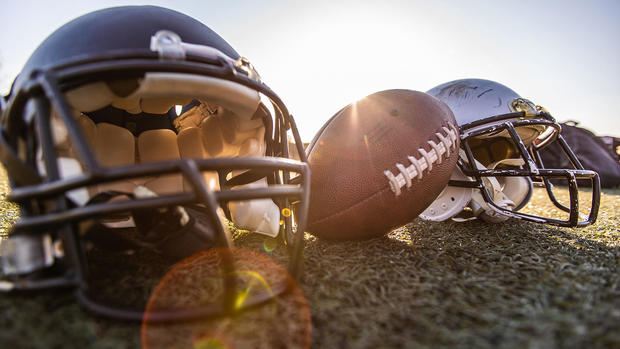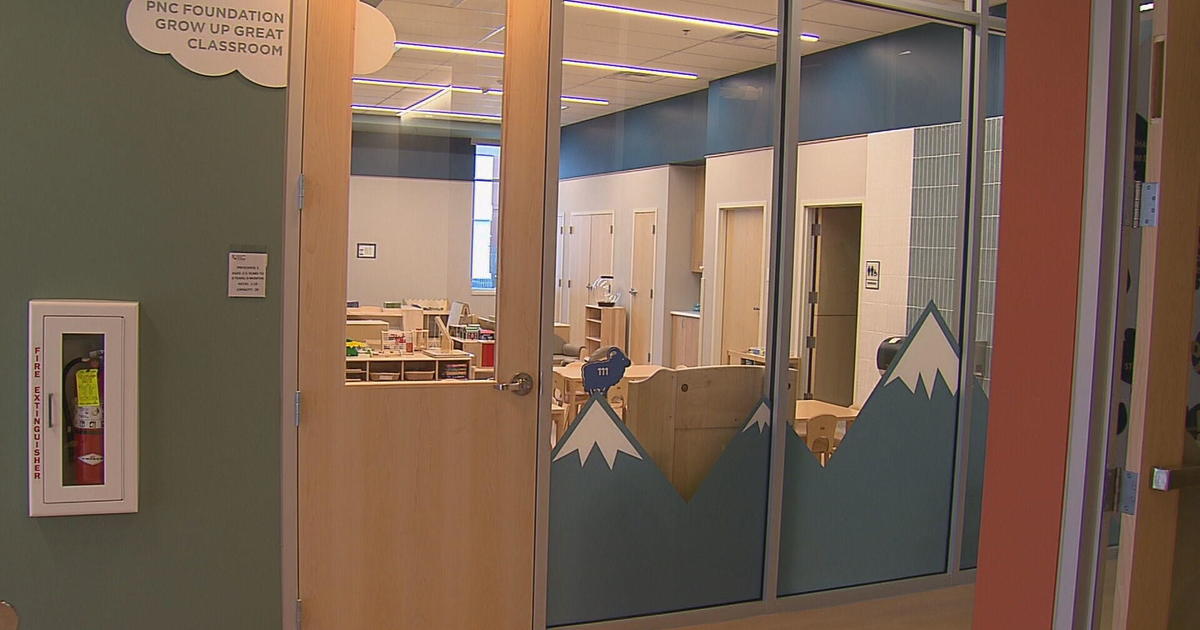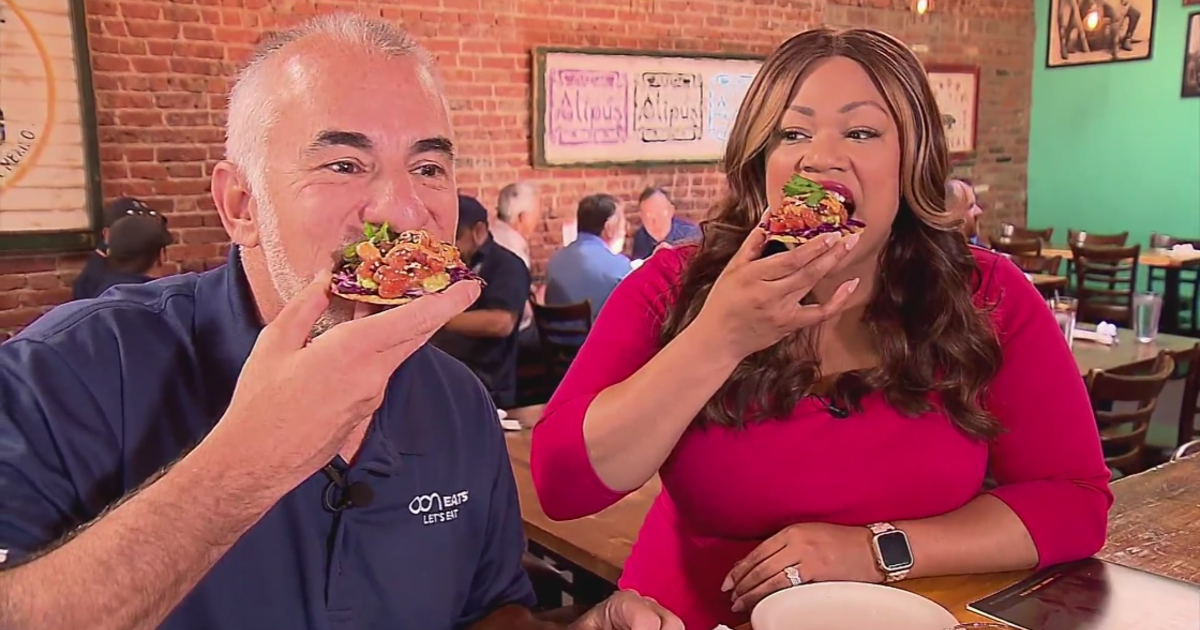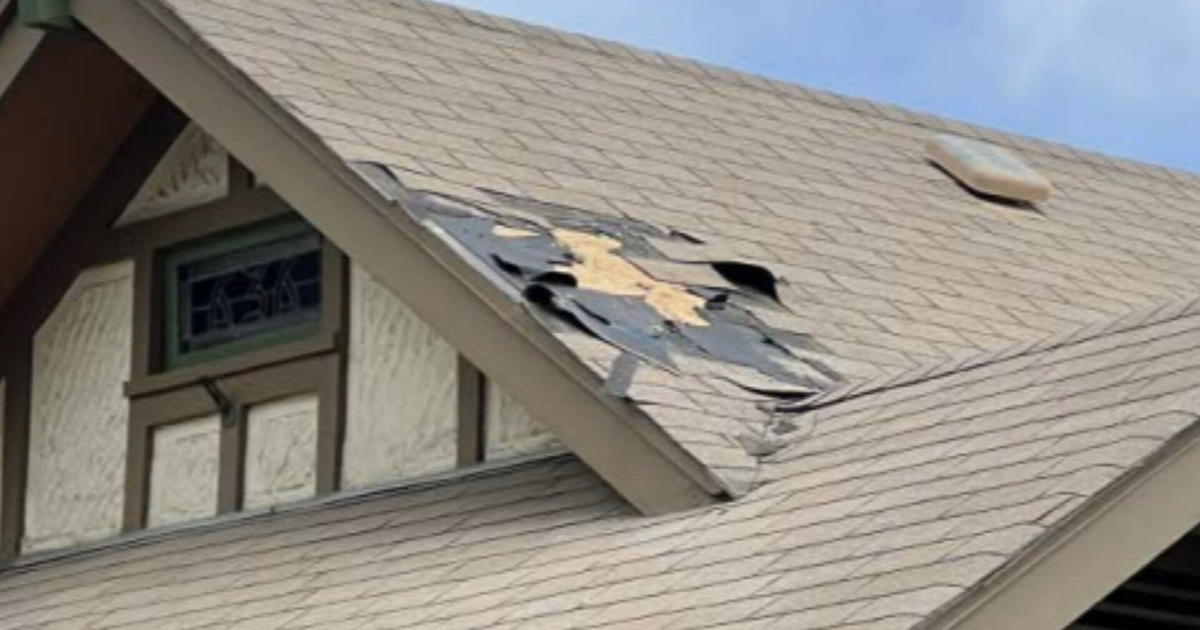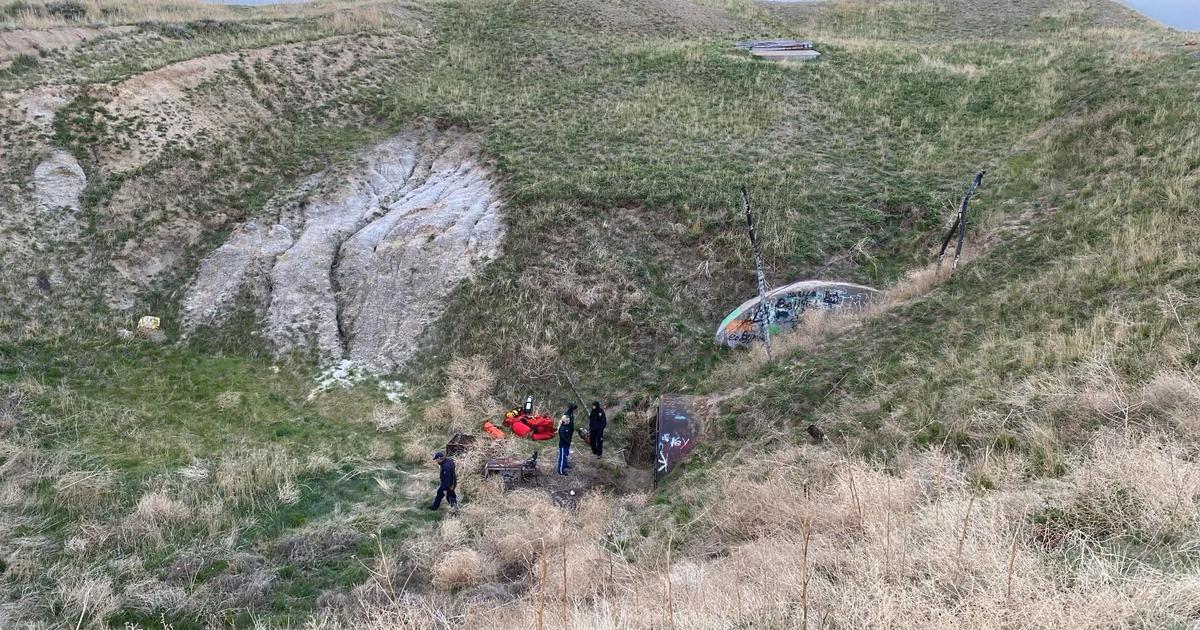Colorado doctor explains what parents need to know when a child sustains a concussion
There has been quite a bit in the news lately about concussions and the NFL... especially controversy over what actually constitutes a concussion, and when is it safe to return to play. Considering the resources of the NFL, little, if any of this should be controversial or confusing -- yet it is. They say they're working on it.
So how about you? You're a parent to a kid who has a head injury, and you don't have the resources of the NFL. What do you need to know?
A few facts:
1. You don't have to lose consciousness to have a concussion. In fact, only about 10% of people with a concussion get knocked out.
2. You don't have to hit your head. Any abrupt jolt to the body or whipping of the head on the neck is more than enough to cause a jarring of the brain inside the skull and cause concussion.
3. Symptoms don't always show up immediately. In severe cases, yes. But it can be minutes, hours or even days later before a concussion comes to light.
What are you looking for? Immediate symptoms can include:
- Headache
- Confusion or foggy thinking (one way to look at is a loss of "sharpness" or focus)
- Memory loss
- Unsteadiness (even for a few seconds)
- Dizziness
- Blurred vision
- Nausea
Later symptoms can include low energy and fatigue, light or noise sensitivity, problems sleeping, and problems concentrating.
If you suspect a concussion at the playground, or at a game or practice, your kid needs to be STOP. If you're not sure, don't be afraid get medical care. If your child is an athlete, they simply cannot return to play until cleared by a medical professional.
I can't emphasize the importance of the word STOP. Athletes who continue to play are at risk for:
1. More severe symptoms and longer recovery time.
2. A second concussion with minimal trauma or injury. In fact, the more concussions, the more prone.
3. Second impact syndrome. This is a nightmare scenario we can't fully explain. It's when a kid gets a concussion, then returns to play too quickly and with minimal contact, suffers sudden death.
For most concussions there are no X-rays, scans, or blood tests to make the diagnosis. See your health care provider and make sure you get the proper guidance on care. Sometimes it's best to let others be the judge.
For more on concussions, including concussion evaluations and treatment, visit a special section of childrenscolorado.org.
